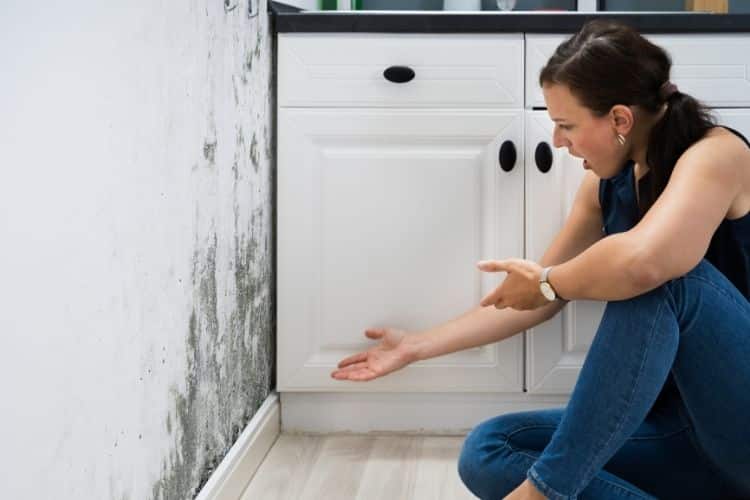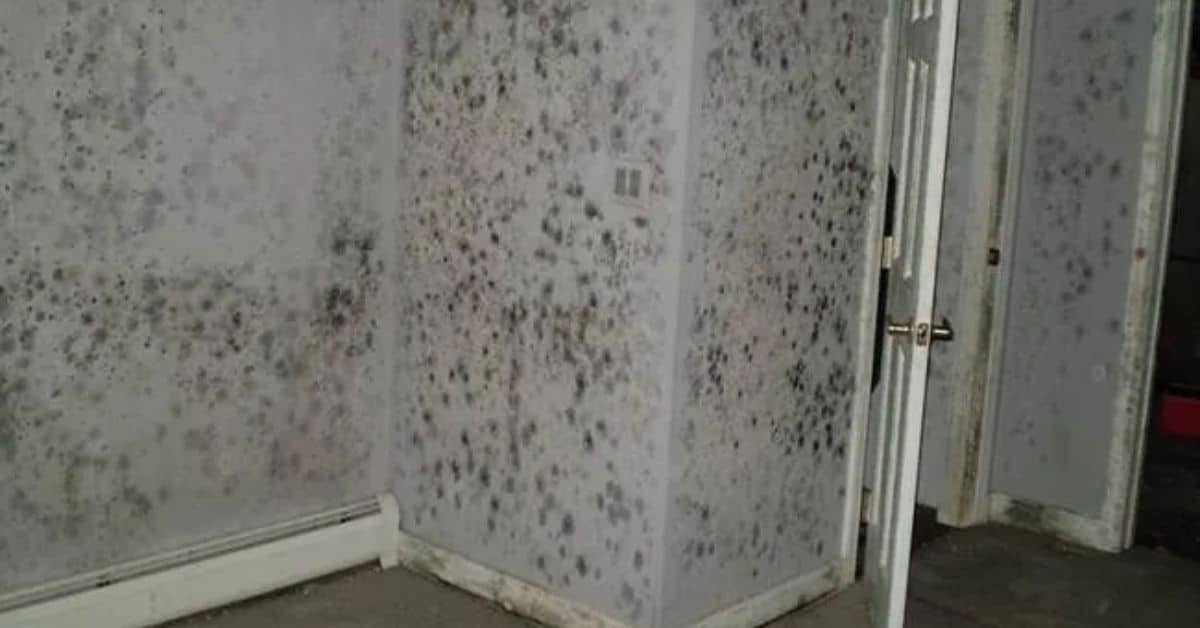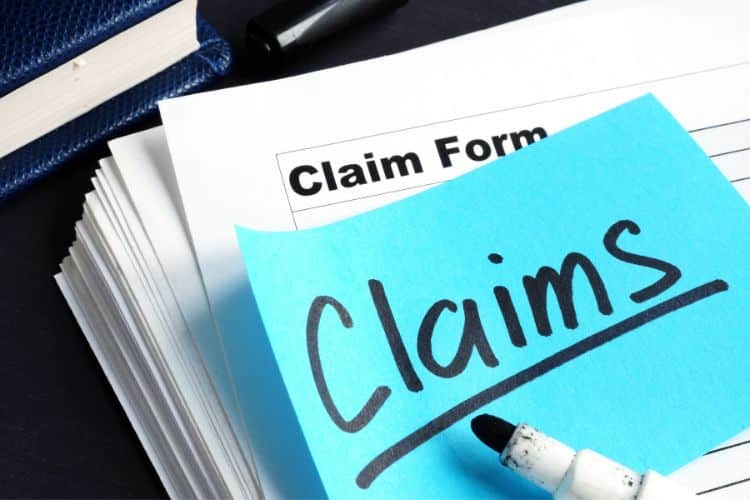Maintaining a safe and healthy environment in commercial spaces is essential for the well-being of employees and customers. Mold can pose a significant threat to both health and business operations. In this article, we will explore best practices for mold prevention in commercial spaces, highlighting strategies that businesses can implement to protect their premises and ensure a clean and safe working environment.

Comprehensive Inspection and Assessment
Regular Mold Inspections
Periodic mold inspections should be part of your preventive maintenance plan:
- Scheduled Inspections: Establish a schedule for mold inspections, focusing on high-risk areas such as basements, storage rooms, and bathrooms.
- Professional Assessments: Hire qualified mold inspectors to conduct thorough assessments and identify potential mold issues.
Effective Moisture Management
Addressing Leaks and Water Intrusion
Proper moisture management is key to mold prevention:
- Prompt Repairs: Address leaks, plumbing issues, and water intrusion immediately to prevent moisture buildup.
- Humidity Control: Maintain indoor humidity levels below 60% to discourage mold growth.
- Proper Ventilation: Ensure that ventilation systems are working correctly to reduce condensation.
Table: Mold Prevention Checklist for Businesses
Here is a summarized checklist for mold prevention in commercial spaces:
| Prevention Measure | Description |
|---|---|
| Regular Mold Inspections | Scheduled inspections by qualified professionals |
| Addressing Leaks | Prompt repair of leaks, plumbing, and water intrusion |
| Humidity Control | Maintaining indoor humidity below 60% |
| Proper Ventilation | Ensuring proper ventilation to reduce condensation |
Employee Education and Awareness
Mold Awareness Training
Educating employees about mold prevention is essential:
- Training Programs: Develop training programs that teach employees about the signs of mold, preventive measures, and reporting procedures.
- Reporting Protocols: Establish clear reporting protocols for employees to notify management of any mold-related concerns.
Professional Mold Remediation
Swift Action
In the event of mold growth, immediate remediation is crucial:
- Professional Services: Hire experienced mold remediation experts to handle mold issues swiftly and effectively.
- Thorough Cleanup: Ensure thorough cleanup, including removing affected materials and addressing the root cause of the problem.
Conclusion
In conclusion, mold prevention in commercial spaces is a critical responsibility for businesses. Regular inspections, effective moisture management, employee education, and swift mold remediation are key components of a successful mold prevention strategy. By implementing these best practices, businesses can create a healthier, safer, and more productive environment for their employees and customers. Mold prevention is not only a matter of compliance but also a demonstration of commitment to the well-being of all stakeholders. Remember, a proactive approach to mold prevention is essential for maintaining a clean, safe, and thriving commercial space.




